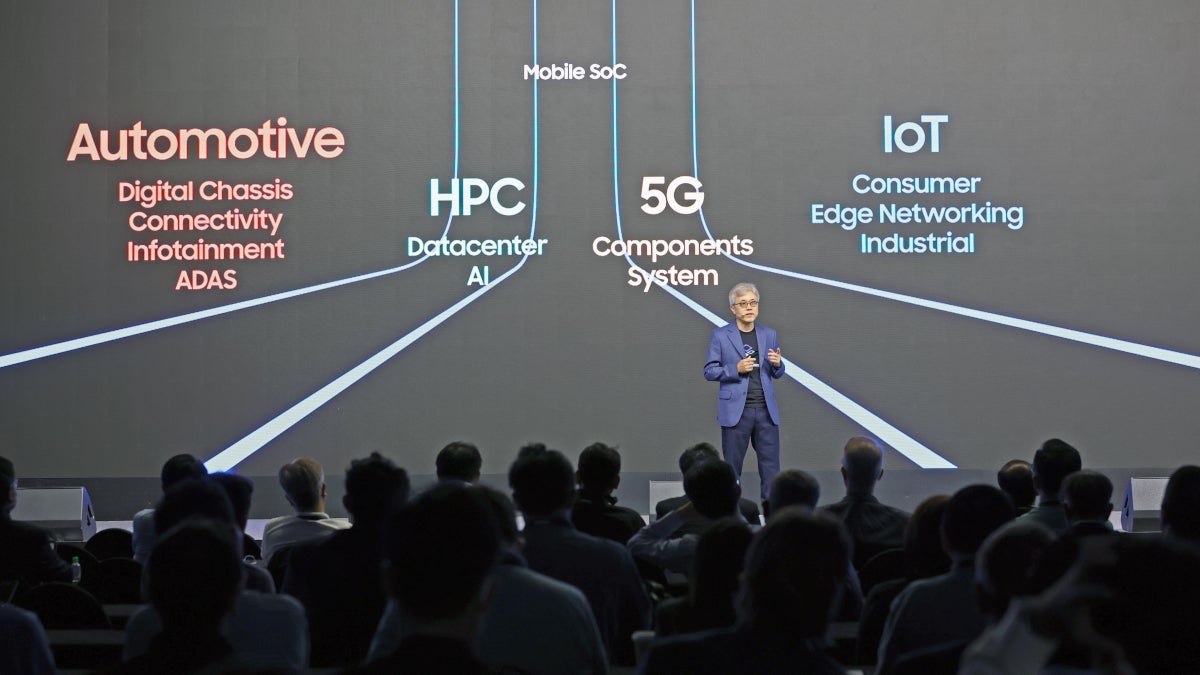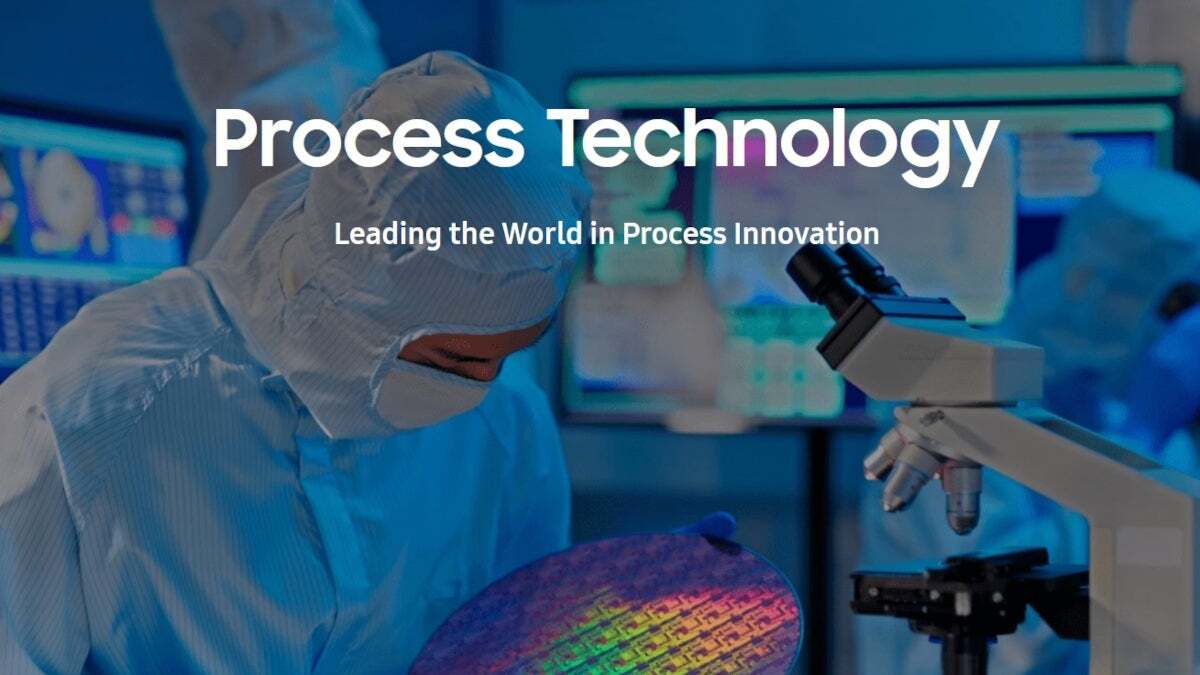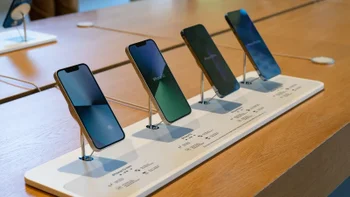Report claims that Samsung Foundry has its first customer for 2nm production

Rivalries exist everywhere, even in the tech world. In the early days of home computing, it was IBM vs. Apple. By 2010, we had Samsung vs. Apple in the smartphone industry. And to show you how far we've come, the latest rivalry is in the complex world of chip manufacturing with Lays vs. Pringles TSMC vs. Samsung Foundry. Currently, Taiwan's TSMC is the leader in the contract foundry arena grabbing the most business from fabless chip designers such as Apple and Qualcomm.
Both foundries are battling over customers. Qualcomm left Samsung Foundry two years ago due to the poor yields that Samsung was experiencing at the time while producing the Snapdragon 8 Gen 1 SoC. Since the chip designer still has to pay for chips that don't pass through quality control, Qualcomm jumped to TSMC, made a small change to the chip, and the Snapdragon 8+ Gen 1 was born. Since then, TSMC has produced the Snapdragon 8 Gen 2, the Snapdragon 8 Gen 3, and is expected to build the Snapdragon 8 Gen 4 chipset.

Samsung Foundry reportedly gets its first order for 2nm chips
But we could see a change coming with the Snapdragon 8 Gen 5 as Qualcomm recently asked both TSMC and Samsung to provide prototypes of their 2nm production. There has been speculation that this application processor might be dual-sourced by both foundries but we will have to wait and see. Meanwhile, Samsung Foundry has signed its first customer for its 2nm production according to the Seoul Economic Daily (via Wccftech).
Japanese company Preferred Networks (PFN), the first firm to sign on the dotted line for Samsung Foundry's 2nm process node, "rapidly realizes practical applications of deep learning and other emerging technologies in order to solve real-world problems that are difficult to address with existing technologies" says the company's website. Seoul Economic Daily says that a deal between Samsung Foundry and PFN will benefit both firms.
PFN gets chips produced using the latest cutting-edge techniques while Samsung Foundry signs up its first customer to reserve 2nm production. Samsung Foundry might have given PFN a discount just to reel in the customer and keep PFN away from TSMC. Samsung Foundry is supposed to start mass production of 2nm chips in 2025.
To keep this simple, when the process node "size" drops, so does the size of the transistors used with a chip which means that more can fit inside the component. And the higher the transistor count of a chip, the more powerful and/or energy efficient it is. We use this example all of the day, but it is a good one. In 2019, the 7nm A13 Bionic inside the iPhone 11 series had 8.5 billion transistors inside each chipset. The 3nm A17 Pro that powers the iPhone 15 Pro and iPhone 15 Pro Max carries 19 billion transistors in each unit.
Follow us on Google News













Things that are NOT allowed:
To help keep our community safe and free from spam, we apply temporary limits to newly created accounts: